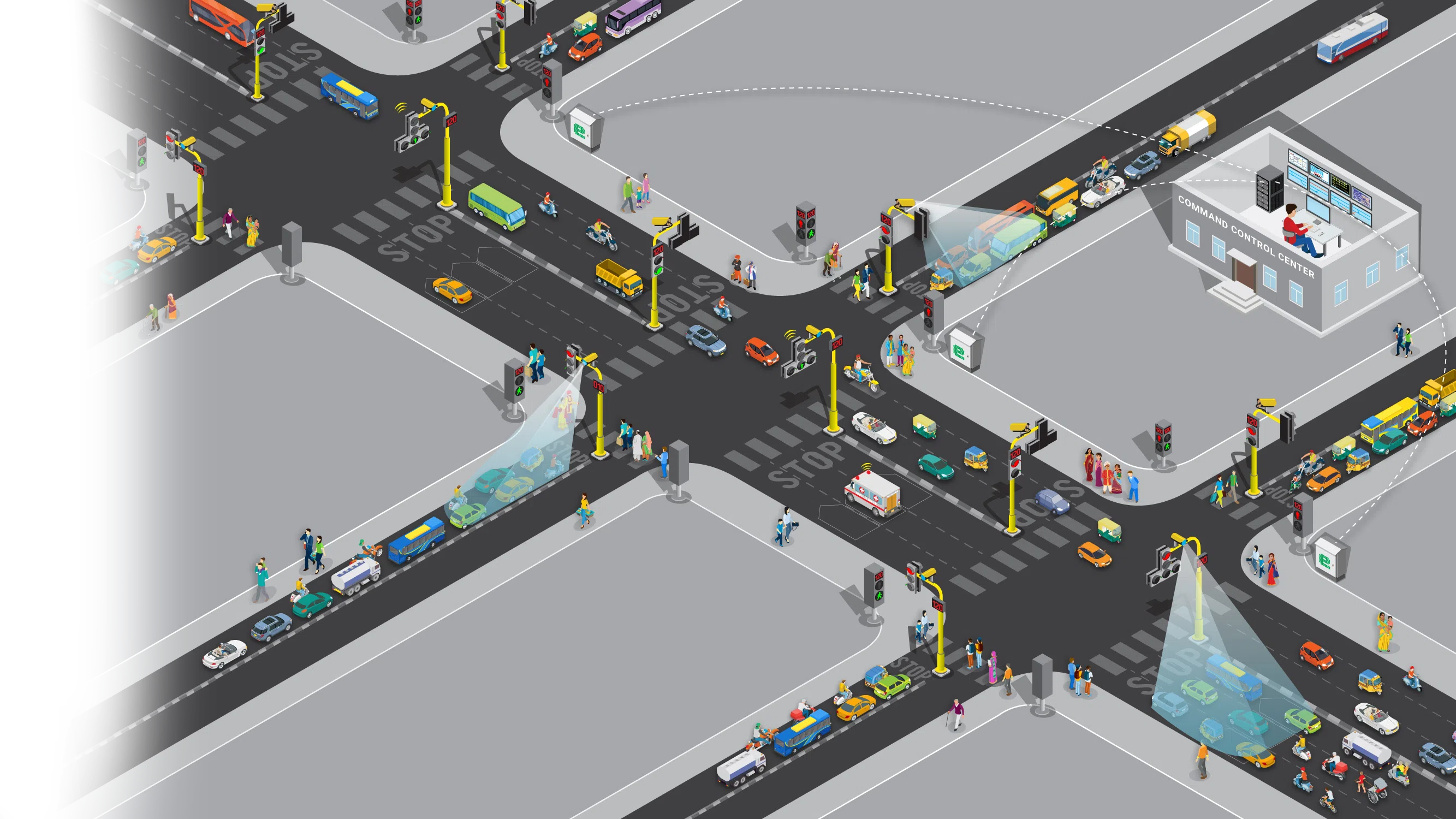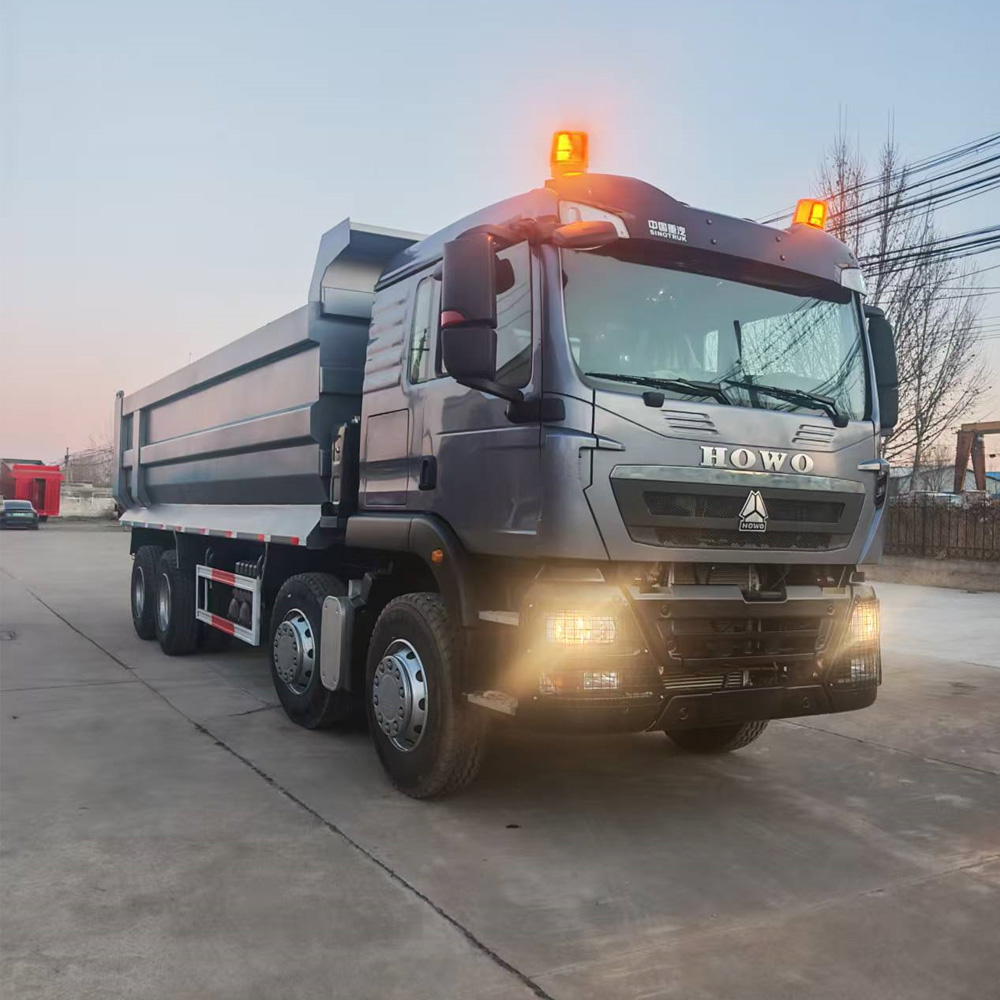As we stand on the precipice of a new era, the question that often arises is, What is the future of transportation? The answer, while complex, is incredibly exciting. The future of transportation is not just about getting from point A to point B. It's about a fundamental transformation in how we move, how we live, and how our societies function.
The first layer of this transformation is the shift towards sustainable transportation. As the world grapples with climate change, the transportation sector, which accounts for nearly a quarter of global carbon dioxide emissions, is under immense pressure to decarbonize. Electric vehicles (EVs) are leading this charge. With advancements in battery technology, the cost of EVs is expected to reach parity with conventional vehicles by 2025, making them an increasingly viable option for consumers. Moreover, the rise of renewable energy sources like solar and wind power is making it possible to charge these vehicles in a more eco-friendly manner.
However, the future of transportation is not just about swapping out the fuel source. It's also about changing the way we use and interact with vehicles. This is where autonomous vehicles come into play. Self-driving cars, once the stuff of science fiction, are now becoming a reality. Companies like Waymo, Tesla, and Uber are investing heavily in this technology, with the aim of making transportation safer and more efficient. Autonomous vehicles could potentially reduce traffic congestion, lower emissions, and even reshape our urban landscapes by reducing the need for parking spaces.
The third layer of transformation is the rise of shared mobility. The success of ride-hailing platforms like Uber and Lyft has shown that many people are willing to forgo car ownership in favor of on-demand mobility services. This trend is expected to grow with the advent of autonomous vehicles, which could make ride-hailing services even more convenient and affordable. Shared mobility could also extend to other forms of transportation, such as bikes and scooters, further reducing our reliance on private cars.
Finally, we cannot talk about the future of transportation without mentioning the potential of hyperloop and flying cars. While these technologies are still in their infancy, they hold the promise of revolutionizing long-distance travel. Hyperloop, a concept popularized by Elon Musk, involves transporting passengers in pods through vacuum tubes at speeds exceeding 700 mph. On the other hand, flying cars could provide a solution to urban congestion by taking advantage of the underutilized airspace.
In conclusion, the future of transportation is a multi-layered tapestry of technological advancements, societal shifts, and environmental considerations. It's a future where transportation is not just a means to an end, but an integral part of our lives, shaping how we live, work, and interact with our environment. While there are still many challenges to overcome, the journey towards this future is already underway, and it's a journey that promises to be as exciting as the destination itself.


